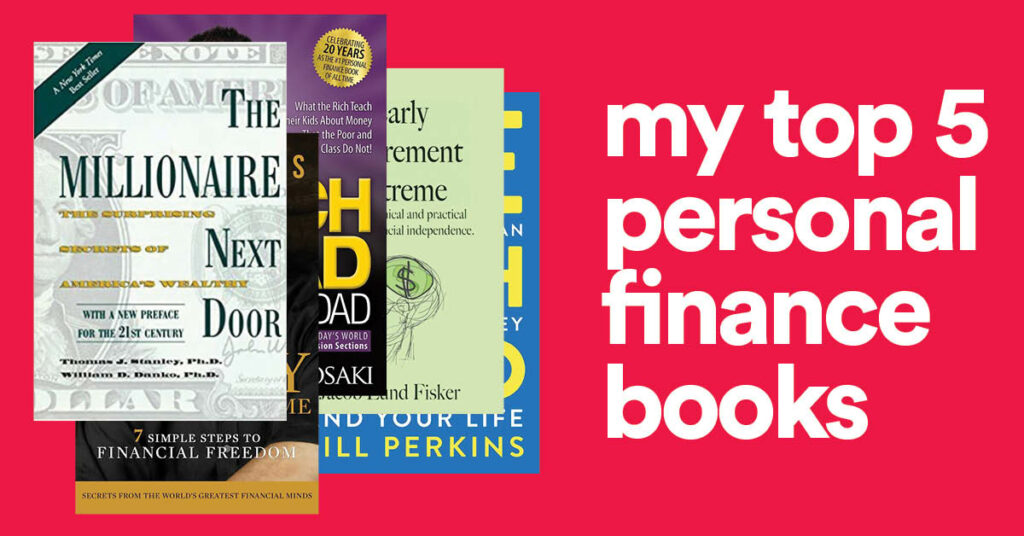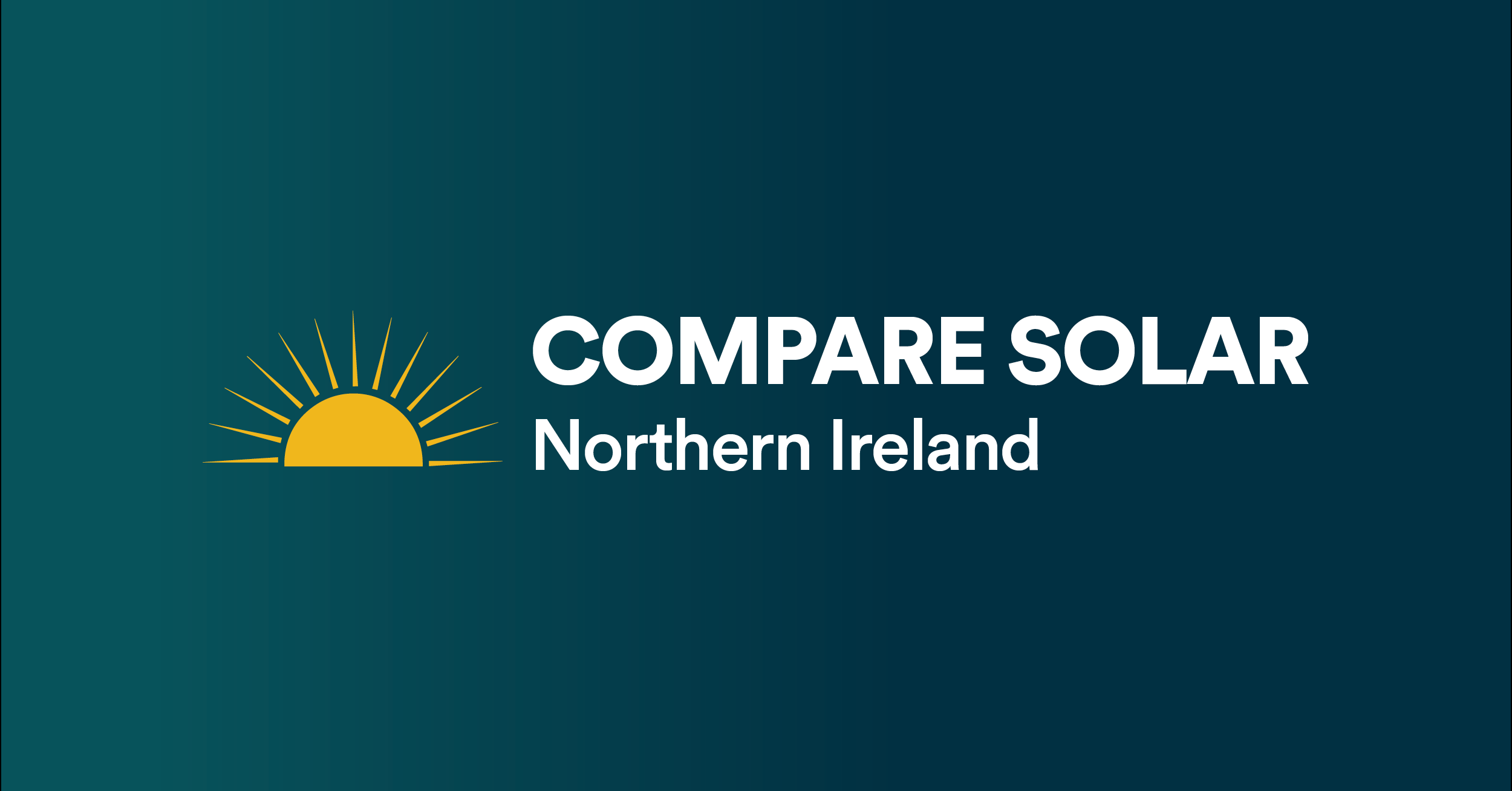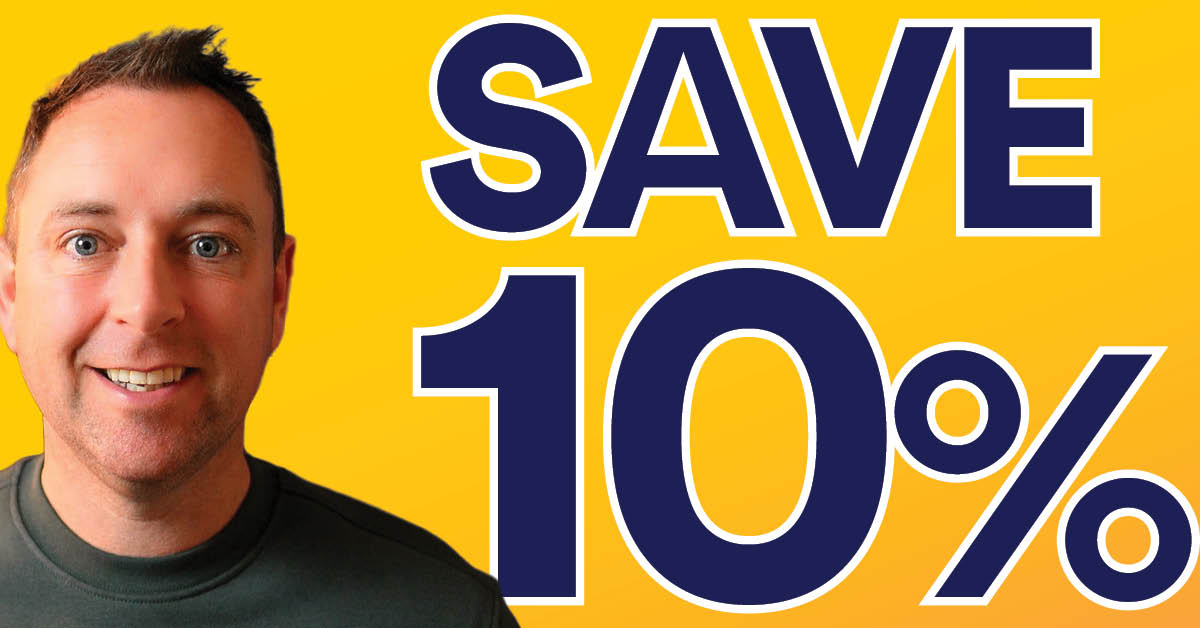Investing in yourself often has the highest return of any investment you can make. And this is true whether you are in your 40s or 50s, or just starting out in your 20s and 30s. I didn’t take reading seriously until my mid-20s. I thought I was finished learning in uni. That couldn’t be further from the truth. And when I put effort into developing my knowledge and learning continuously, my wealth and business grew exponentially.
It’s true that we don’t know, what we don’t know. This understanding comes with experience and it often comes through learning or failing. Because of this, books can be the shortcut to success. Using the learning of those who have gone before us, those who have made mistakes we didn’t even know could happen, to teach us from their own costly lessons. Lessons that we no longer need to make.
Never in the history of time, has it been more accessible or easier to get knowledge. Conversely, we’ve never had so many distractions. But I’d argue that if you’re serious about learning any topic, you need to study it in depth. You need to be able to make your own decisions based on all the information available to you. This is one of the reasons why I always share content from other perspectives. Following one person blindly may work out, but what if they’re wrong?
Thankfully there are some amazing personal finance creators out there across the UK and further afield. On top of this, some of the personal finance books I’ve noted below have lessons that are applicable to many of us, regardless of location, age or financial position.
I still read extensively and I often reread books about personal finance to get a different perspective as someone who is not retired early, versus the person I was chasing early retirement and financial independence.
It’s important to note that not every word in every book will be relevant to your situation. Yet, you can always learn something from reading any personal finance book.
What is also intriguing to me is that none of these books are new. And that reflects personal finance as a whole. The processes and the steps to positive financial well-being have remained the same since the dawn of time. Earn more, spend less and invest as much as you can.
“Early Retirement Extreme” by Jacob Lund Fisker
This was my first introduction to the world of personal finance. As you can tell by the title, it may be a little extreme in its view. Jacob is the original minimalist and he’s about 20 years ahead of the current minimalism trend.
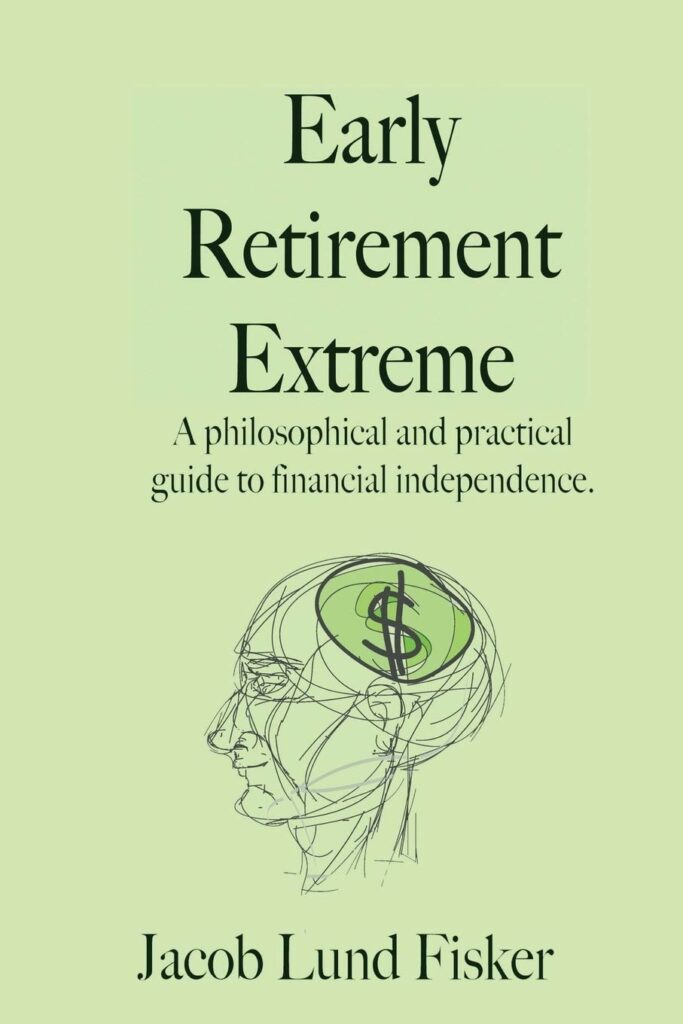
Jacob lived on only $7,000 a year. Some of you will baulk at that sum, but Jacob argues that you can live a highly rewarding but frugal life. He goes into detailed discussions on topics such as housing, transportation, food, and entertainment, and what I like about the book is that he demonstrates how individuals can drastically reduce expenses and save a significant portion of their income.
Early Retirement Extreme (ERE) isn’t for everyone and yes Jacob provides radically different ideas to most of society today. But that’s why I love this book and that’s why it’s the first one I suggest reading. It will push the boundaries of saving and cutting down expenses. But with our rampant consumerism today, I’d probably argue that there’s a need for this in a lot of circumstances. Early Retirement Extreme will not be for fit most people. But this book is incredibly thought-provoking in that it challenges the norms of saving/investing and retiring early.
“Rich Dad Poor Dad” by Robert Kiyosaki
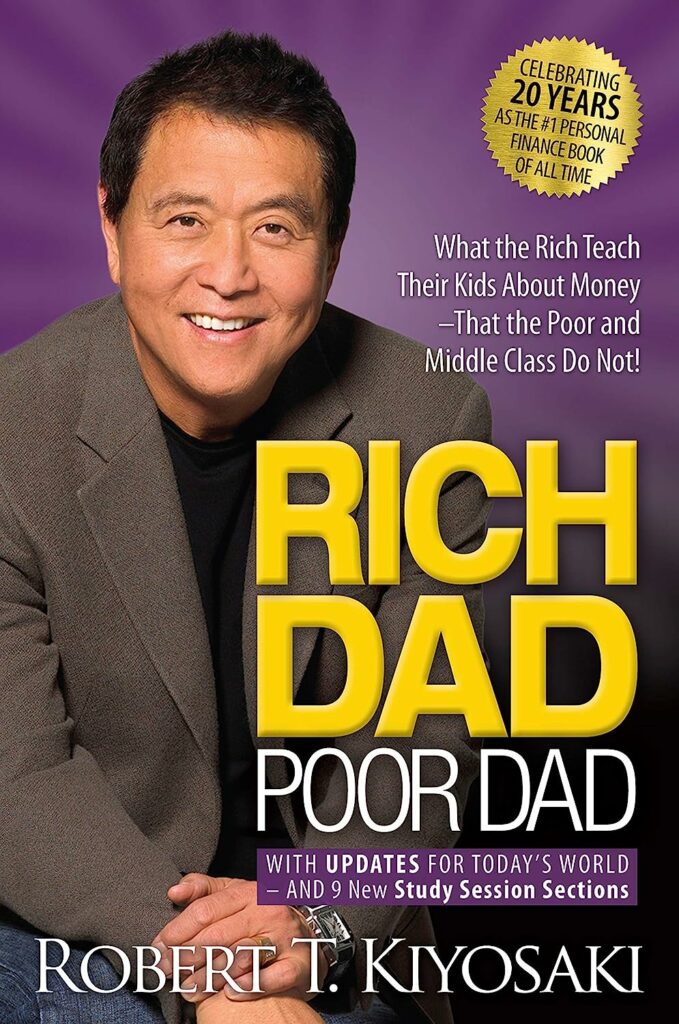
This book is a classic in the personal finance genre. It offers a unique perspective on wealth and the pursuit of financial independence. Kiyosaki shares the contrasting experiences and lessons he learned from his own “poor dad”, his biological father and his “rich dad” who was his friend’s father, a self-made entrepreneur who achieved significant wealth and financial freedom.
Lessons are taught throughout the book through storytelling and for most people this makes the advice given much more relatable and easy to understand.
What I particularly love about the book is that it emphasises the importance of financial education, building assets, and acquiring financial intelligence. The underlying theme is that it encourages readers to actively seek out opportunities to grow their wealth, rather than passively letting life happen to them.
“I Will Teach You to Be Rich” by Ramit Sethi
Ramit’s book is a practical and humorous guide that helps readers take control of their finances and make better financial decisions. It covers various aspects of personal finance, including budgeting, saving, investing, and automating your financial systems and it does this over the course of a 6-week plan.
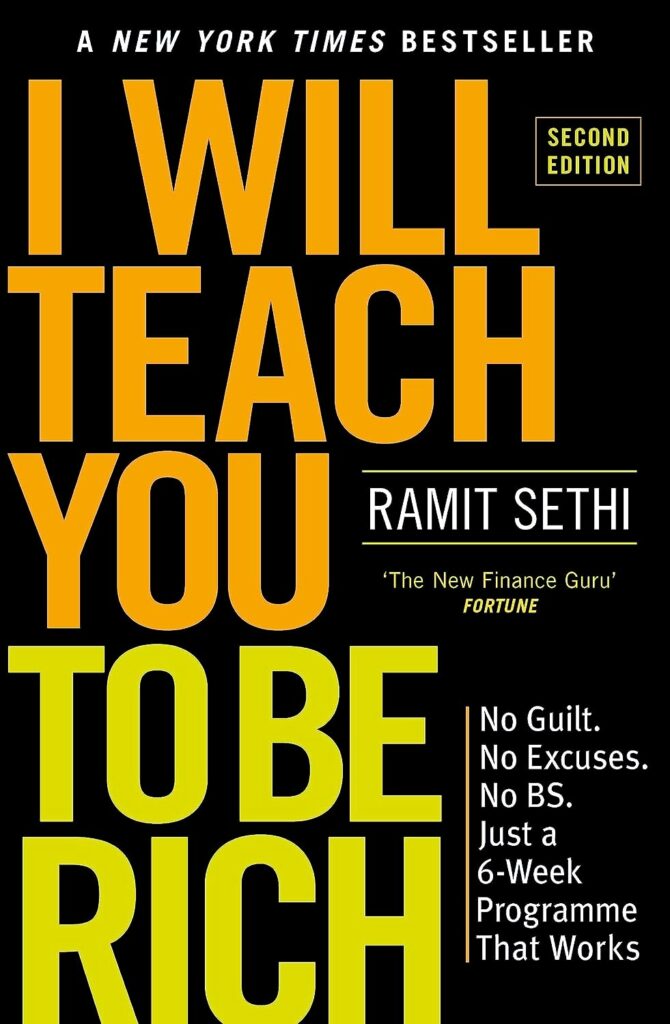
Week 1: Optimise your credit cards and learn exactly what to say to get fees waived
Week 2: Set up no-fee, high-interest bank accounts that won’t cost you
Week 3: Open investment accounts even with a small amount of money
Week 4: Figure out how much you’re spending. And then learn how to make your money go where you want it to go!
Week 5: Automate your new infrastructure to make your accounts play nicely together
Week 6: Why investing isn’t the same as picking stocks – how to get the most out of the market with very little work.
While it is an American-focused book, it has been adapted and is appropriate for the UK market.
What I particularly like about Ramit’s approach is that he provides actionable advice and strategies to achieve financial success without sacrificing the joys of life.
“Die with Zero” by Bill Perkins
“Die with Zero” challenges conventional thoughts about retirement planning and encourages readers to live their lives to the fullest by optimising their spending and experiences.
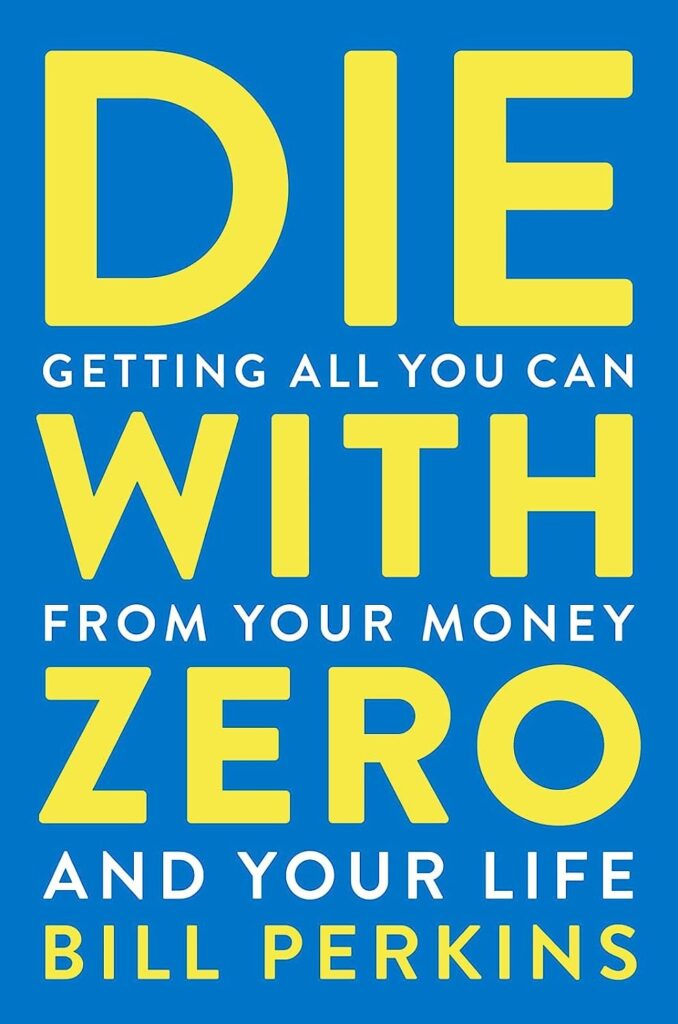
Imagine if by the time you died, you did everything you were told to. You worked hard, saved your money, and looked forward to financial freedom when you retired.
The only thing you wasted along the way was—your life.
Bill Perkins’s goal is to stop you from saving and to maximise lifetime memories. There needs to be a balance, but as most of us die rich, than living rich, Bill focuses on the importance of finding a balance between spending money now and preserving wealth for the future.
I read this book and while it was thought-provoking, my sprint to early retirement was unchanged. Have I saved too much? Maybe, but I’ve also enjoyed the journey to get here.
“Money – Master the Game” by Tony Robbins
In this comprehensive personal finance book, Tony Robbins combines his expertise in personal development with financial wisdom from the world’s top financial minds. Robbins is a storyteller and he uses lots of metaphors to delve into strategies for achieving financial freedom, including investing, asset allocation, and wealth preservation.
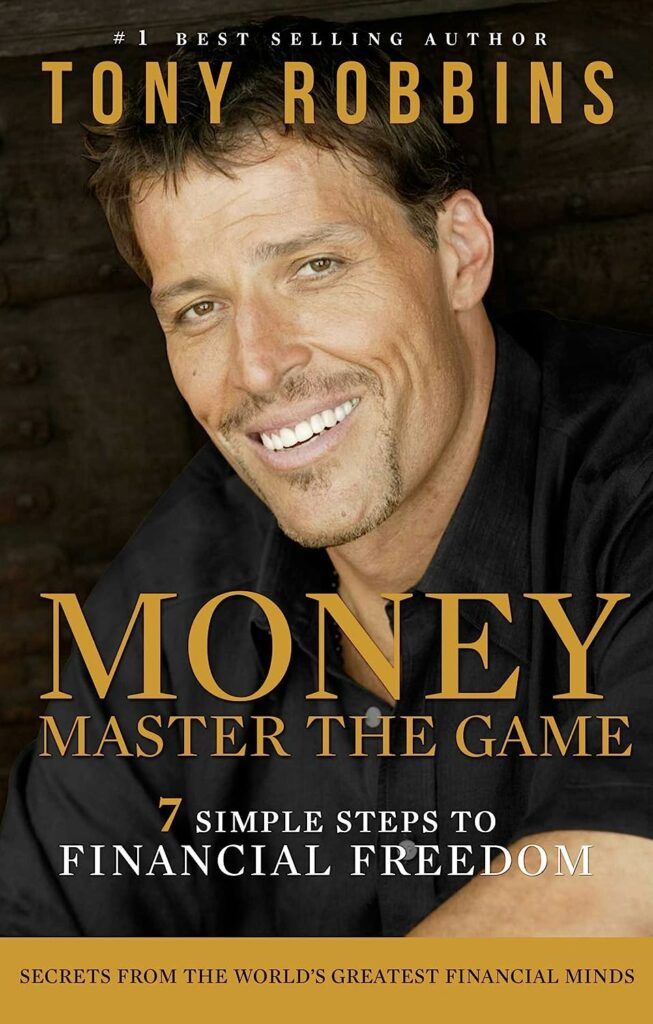
What is a particularly good thought, though not necessarily a personal finance note is Tony’s idea about generating income. “The secret to wealth is to add more value to other people’s lives”. Something I believe in fully myself.
He does focus a lot on the power of compound interest which is a huge topic most people don’t fully understand.
But Tony is a divisive character. You either love him or hate him and you will take away what you want from the book because of this. Some of the advice will be the exact same as other books in this list, but Tony’s use of language makes it sound like it has just been invented. That said, if this is your first book in the personal finance arena, you’ll find heaps of advice and engaging stories.
“The Millionaire Next Door” by Thomas J. Stanley and William D. Danko
If you’re going to read only one book in this list, I’d go with “The Millionaire Next Door“. Published in 2000 the principles it teaches and the common myths about millionaires it challenges are great for the average person to consider.
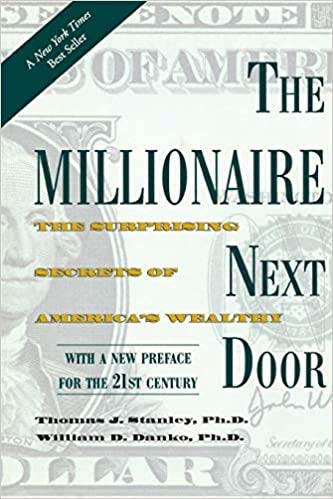
This is not a get-rich-quick book. It’s a get-rich one-day book.
It might sound obvious to spend less than you earn and invest the difference to grow over the long term, in reality, most people don’t do this. They live beyond their means and try to be the Joneses. Whereas the wealthy among us achieved financial success through discipline, frugality, and smart financial habits.
You’ll probably see a lot of similarities between what I say and the premise of this book because it has shaped the mindset that allowed me to achieve financial independence and retire early.
If you’re at the beginning of your journey towards financial independence or looking to start building wealth for any and all of your financial goals, knowledge is the key to achieving it. These books offer differing perspectives and insights based on research, experience and the knowledge of the authors. But the core principles of each will always fall back into the 3 tenets of wealth building.
- Spend less
- Earn More
- Invest as much as you can
If you’ve been in the personal finance mindset for a while, you may find yourself reading the same things over and over. I’d say it reinforces the message, but I did take time between reading the books. Reading them all at once might be overwhelming.
Let me know how you get on with any of the books as I’d love to hear what you think of them.
